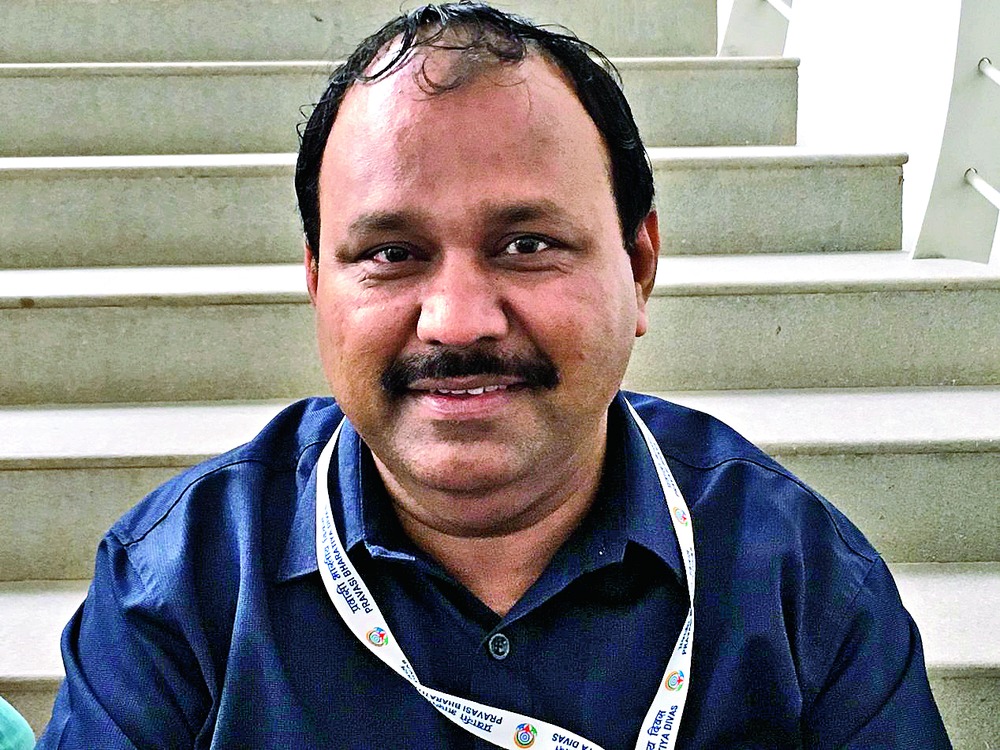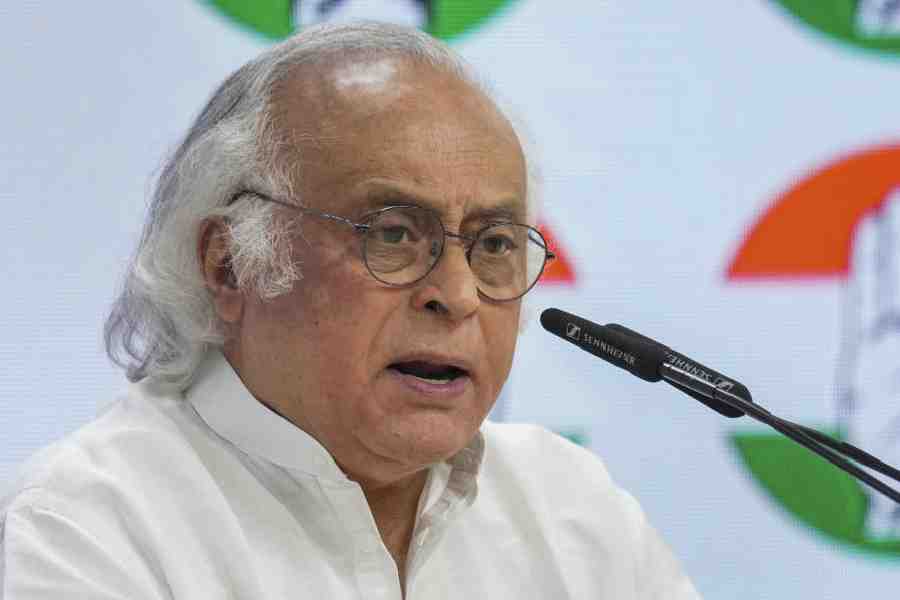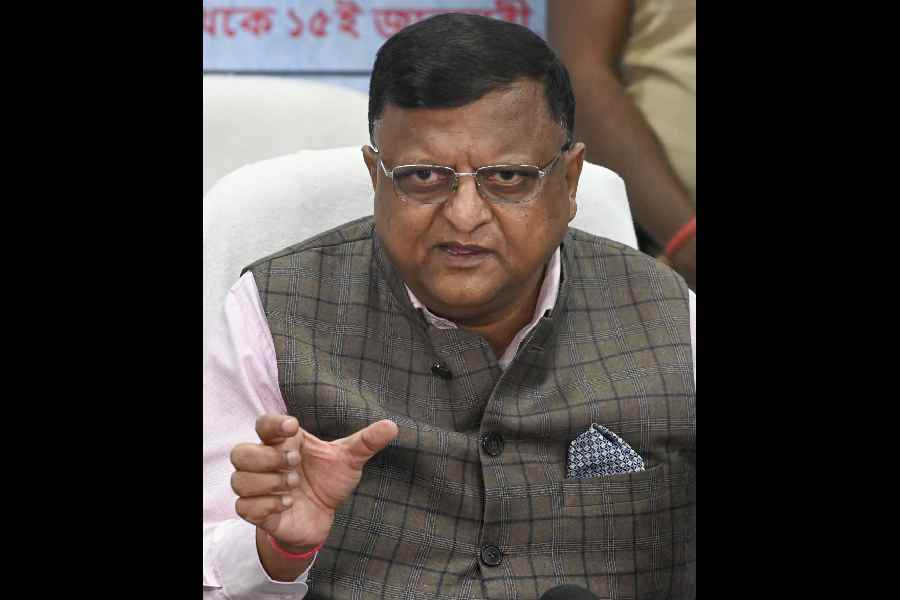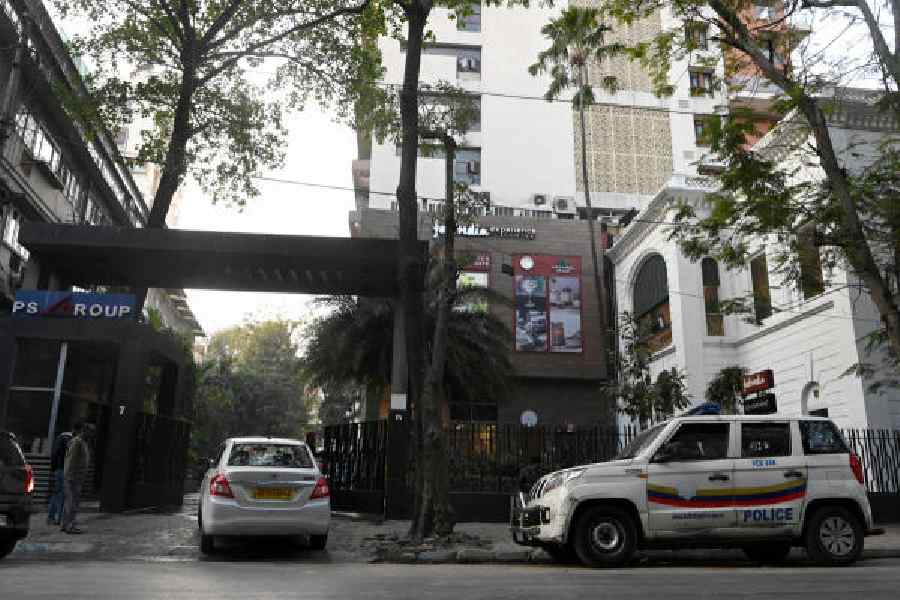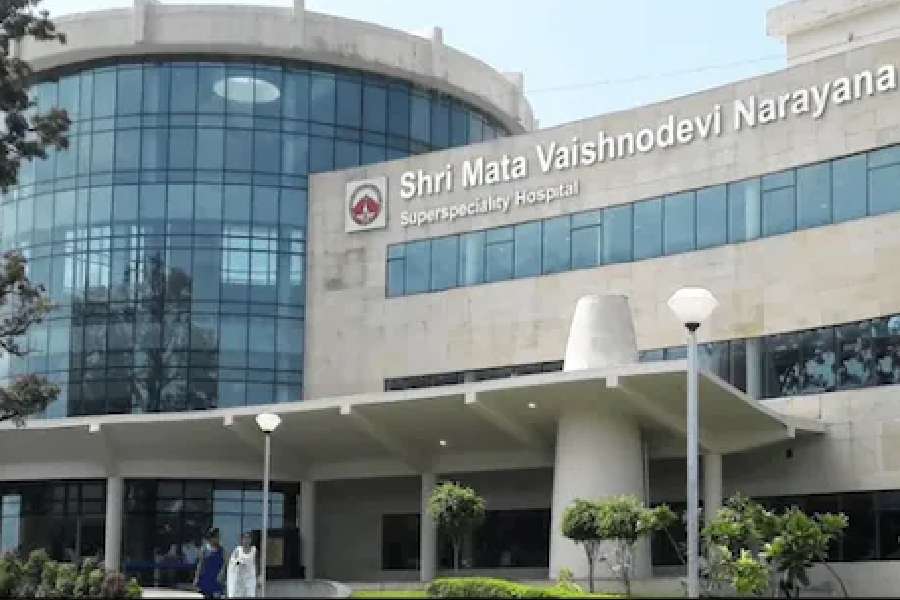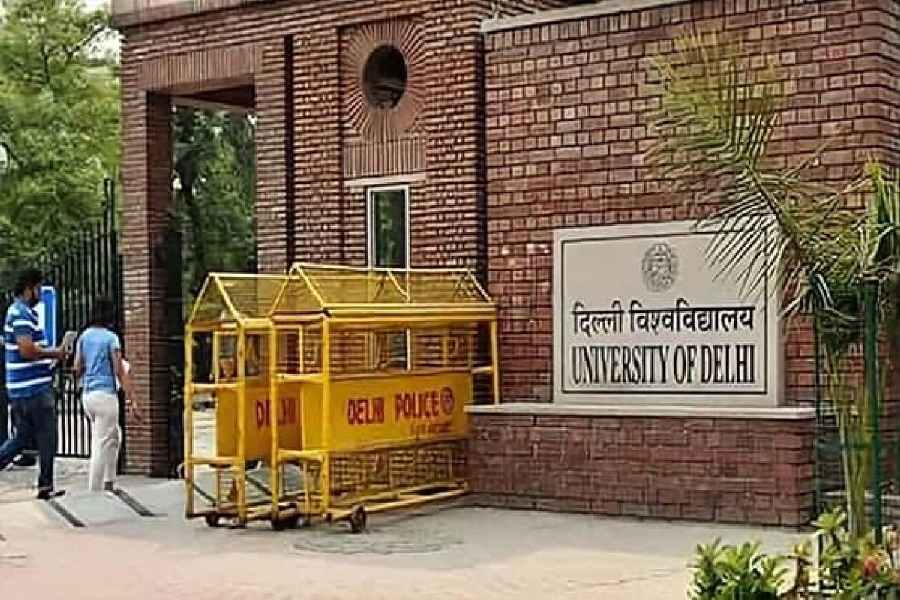
Bangalore, Jan. 9: Some two months ago, Ashraf Thamarassery flew the body of an Indian expatriate labourer who died of a heart attack in Sharjah to a small town in Bengal.
On landing at Calcutta airport, he loaded the coffin into a van and ferried it about 150km to a tiny town whose name he does not recall.
The identity of the person, his religion or his native place does not matter to this small-time businessman who runs a motor vehicle garage in Ajman, one of the seven emirates in the UAE. All he cares about is that every single body must be taken home - not left for civic authorities to bury in an alien land.
"I go by the belief that the final resting place of every man should be his own native village. That drives me in this mission," Ashraf, 41, told The Telegraph today on the sidelines of the 14th Pravasi Bharatiya Divas convention.
When Ashraf came into the picture, the body of the labourer from Bengal had been lying in the mortuary for nearly six weeks. "Such instances are worse than death itself," he said.
A native of Kozhikode in north Kerala, Ashraf migrated to the Gulf in 1999 in search of greener pastures and set up his own business. But an incident in 2000 opened his eyes to a major problem faced by the largely blue-collar Indian expatriate population in the UAE, among other Gulf states.
"I saw two young men who had no clue how to take their father's body back home to India. Blessed with some financial resources, I helped them send back their father's body," recalled Ashraf who was then still absorbing the glitz of Dubai and its neighbouring emirates like Abu Dhabi.
Since then, he has sent back home - sometimes personally accompanied - about 3,886 bodies to 38 countries, a huge majority of them Indians, followed by Bangladeshis and Sri Lankans.
The last body he sent back was to Bengal just a week ago.
Of late, Ashraf has become the single-point contact person for repatriating the dead from the UAE, home to around four million Indians. "An average of five bodies are transported to India every day," he said.
"It's the poor who need help. Others know how to handle these matters as they have money and clout. These labourers who rough it out in labour camps (accommodation usually far away from the cities) neither have the resources nor the know-how," said Ashraf, who steps in the minute someone dials him for help.
As in most Gulf countries, repatriation of human remains is a laborious process in the UAE where requisite papers must pass through 16 departments, including the Indian embassy in Abu Dhabi or consulate in Dubai, for clearances and permissions.
The cost of repatriating each body, including paperwork, embalming and transport, is around 4,000 UAE dirhams (one dirham is Rs 18.57). Indian missions often arrange free airlift for bodies on Air India if any Indian association certifies the dead man as very poor.
But managing that process is easier said than done, said Ashraf who relies a lot on Indians willing to chip in financially. "I end up spending just 300 dirhams per repatriation from my pocket.
"The rest of the cost is covered by handouts from friends and members of the Indian community," said the man who was awarded the Pravasi Bharatiya Samman in 2015 for his humanitarian work.
Although the Indian embassy in the UAE is among 46 missions across the world that have an Indian Community Welfare Fund, Ashraf said collecting money from friends was quicker.
"I wish some time would be devoted to this issue during the discussions this year. The poor workers who send their share of foreign exchange to our motherland need some extra care," he said.
Junior foreign minister V.K. Singh, however, did not buy the argument that ICWF funds were hard to come by. "Let's not make a mountain of a molehill," Singh told this newspaper.
"The government of India pays for repatriation of mortal remains if someone approaches the embassy. People do not understand that it's a different country which has its own laws."
Vinod Kumar, a Dubai-based social worker and small-scale industrialist, said: "It usually takes seven to eight days to get all the clearances to transport a body, especially in cases of accidents, murders or suicides. Unless there's an easy way of getting ICWF funds, it's better to collect the amount from within the community itself."

